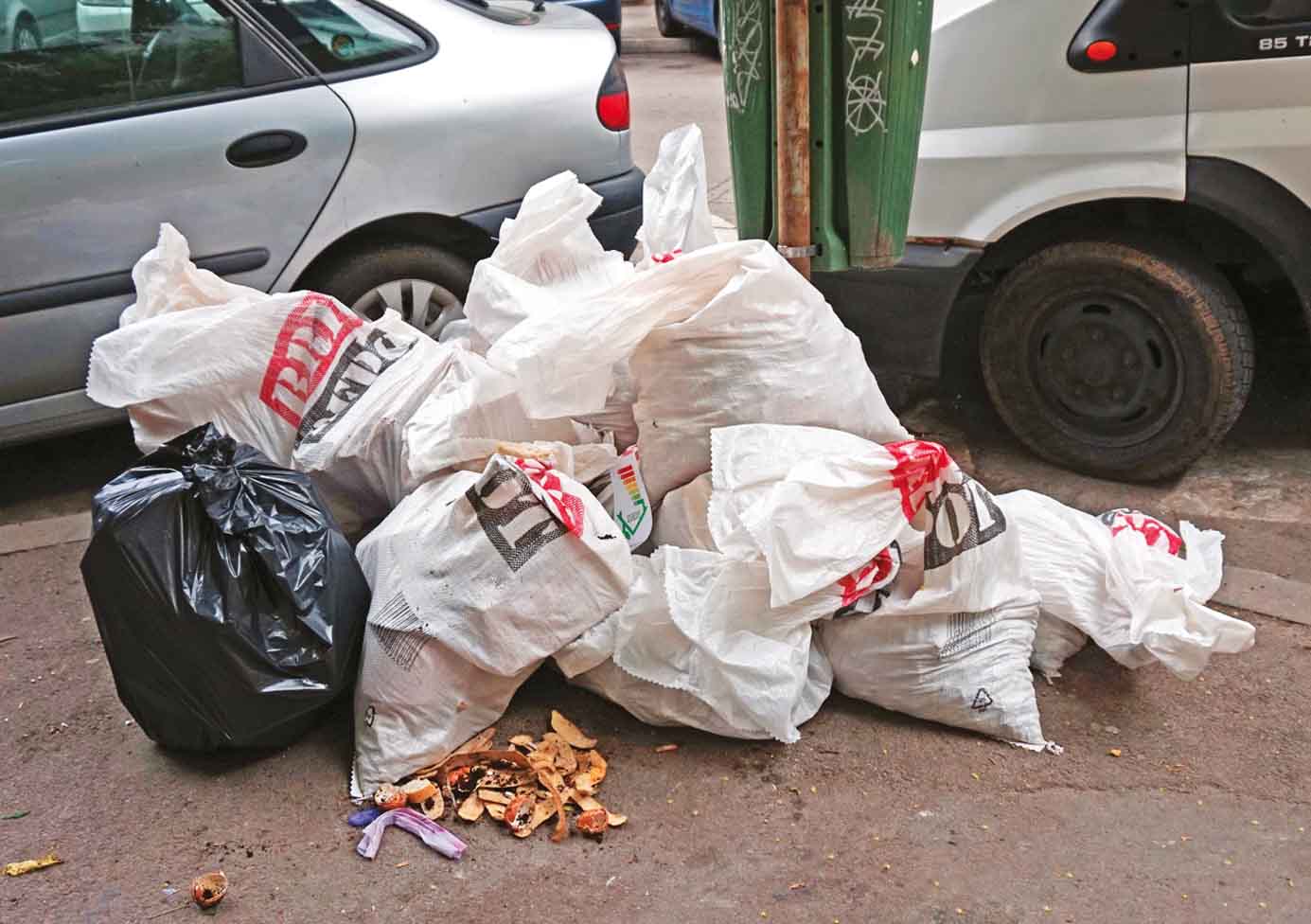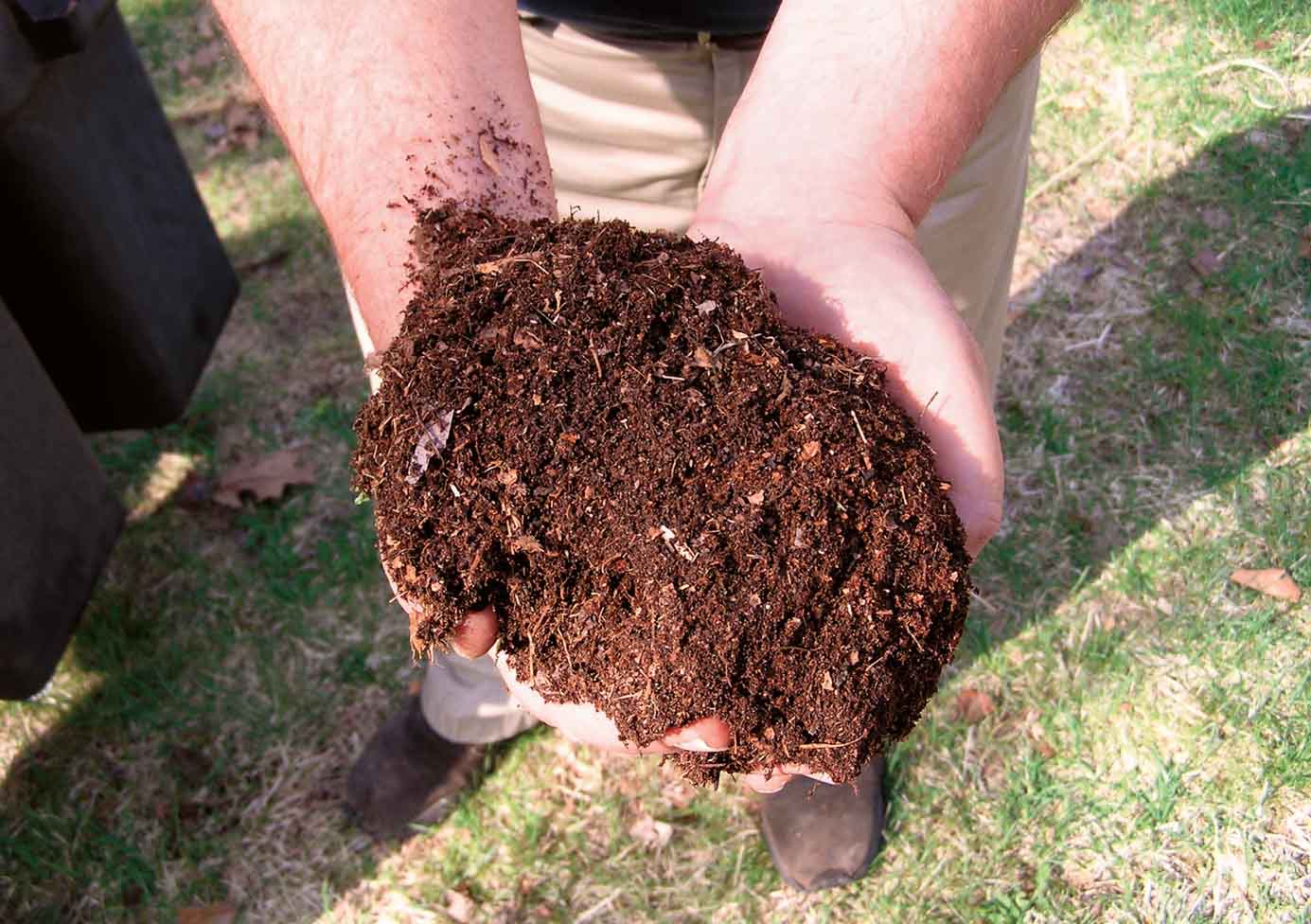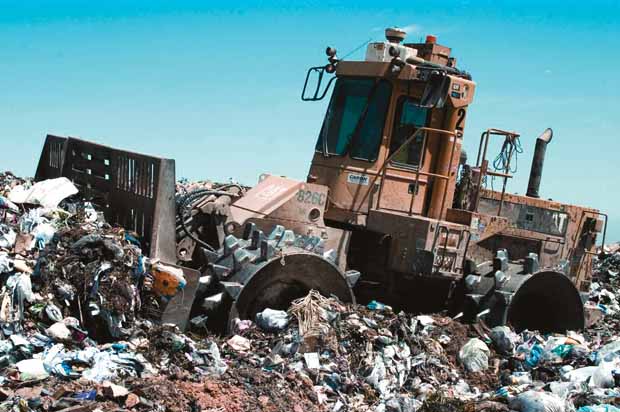The general concept behind Waste Less Living is to institute a new kind of urban-based solid waste management system that is predicated on organics recycling (composting) while also moving from a regional model to a local one. Our current method of solid waste disposal and management is highly polluting: from the carbon emissions associated with large trash trucks hauling organics to distant landfills, to the landfills themselves that generate methane, a greenhouse gas and toxic wastewater.

With nearly two-thirds of the waste stream comprised of renewable material, food, paper and green waste, hauling and landfilling of such a valuable material that otherwise should have been processed back into soil is economically and environmentally damaging to our society. Healthy soil is the fundamental building block for our overall health and well-being. It is what our food is grown in. Through composting, healthy soil can be achieved merely by reintroducing the finished compost back into the soil, and hence, healthier food can be grown without the use of chemical fertilisers, both locally and regionally.
By updating urban policies and zoning codes to support local commercial composting activities, as well as developing rules to promote the use of compost as a sustainable landscaping practice, many of our current environmental problems such as greenhouse gas reduction and drought conditions can be solved. Focusing on organics in the solid waste stream and designing alternative strategies for recovering and processing the material locally, a new local economy and job sector can emerge. It is the actual end product – the compost – that has profound potential to solve many of our most pressing environmental problems like drought and air pollution.
Our current method of solid waste disposal and management is highly polluting
The current solid waste management infrastructure is broken and unsustainable for the following reasons:
1. Organics (food and paper waste) is considered ‘solid waste’ by the several city codes. It is not defined as a resource but rather a waste material that has no market value, hence, the need to haul and landfill it. If not updated, the status quo remains and solid waste management is left in the hands of haulers and landfill operators whose profits are predicated on transporting more material, not less, to landfills.
2. Our society is dependent on large scale processing facilities that are located at great distances from the urban city.
3. Organics are currently being managed as traditional solid waste and mixed with the trash and recyclables only to be handled by permitted waste haulers. Access to the material is limited by existing hauler franchise agreements, which is arguably a monopoly.
4. Municipal agents (i.e. Public Works personnel responsible for solid waste management) are unfamiliar with the composting process and how best to handle raw food waste. They are unfamiliar with the benefits of using compost.
5. There is a lack of understanding between the difference of composting and compost. Composting being the process of converting organics back into soil and compost, the actual product, and a soil amendment.

6. Urban planners, commercial landscapers and public land managers do not know the benefits of composting and compost use.
7. There is a serious lack of knowledge about the benefits of compost for water conservation.
8. There is a breakdown in what is known about proper sustainable urban planning when planning for organics management is absent.
A new system of management and infrastructure development is needed to address and accommodate our growing urban population and the mass amount of solid waste (including organics) that is and will be generated. There are laws in several European and U.S. cities promoting the expansion of composting facilities throughout the state. It will now be up to regional and local authorities to figure out how best to develop new policies and regulations, and urban planners will be critical in helping shape and meet such requirements.
It is the actual end product – the compost – that has profound potential to solve many of our most pressing environmental problems
The following are suggestions on how cities can pursue more progressive policies and actions relating to sustainable urban and resource planning:
1. Urban Planners: Revisit and update local zoning codes to allow for commercial composting activities in certain areas (i.e. open space, commercial and light-industrial zoned areas). Enlist the assistance of Environmental Planners/Composting Experts during updates to elements of any municipal plan. Develop and include food waste recycling programmes in future Climate Action Plans or Green House Reduction Plans.
2. Public Works: Develop a separate regulatory framework, permitting and reporting system for organic/composting transporters (not haulers) and processors independent of the existing solid waste hauling franchise system. Exclude organics (food waste and green waste) from future trash/recycling hauling municipal contracts for residential and commercial businesses. This would essentially create a different service market and industry for organics and composting, which is what is being advocated; a new emerging market of service and product providers.

3. Public Works/Parks and Recreation: Develop new urban landscape policy that encourages/incentivises the use of compost at the municipal level (i.e. contract terms requiring use of locally produced compost on public greenspace/landscaped areas, high water users like golf courses, public athletic fields, parks required to incorporate compost X times/year as part of their landscape treatment). This would help ensure there is a market demand for the compost and channels for its distribution.
4. Finance Department: Develop economic incentive programmes for large generators (i.e. hospitals, industrial food processors, hotels, schools, universities, sports stadiums, etc.) to develop on-site composting processing capabilities as well as incentives for future developers/investors in the composting sector.
In conclusion, the timing for an honest and fresh assessment of our existing urban planning practices couldn’t be better. The will and commitment from the community is there to support local action and the government has now imposed mandatory food waste recycling throughout the state of California. We have the means to educate, initiate a public process to change public policy and the technological means to deliver on these changes to ensure that our cities are as sustainable as they can be.
All Photos: Wikimedia Commons
Christine Lenches-Hinkel is a long-time environmental planner and analyst turned eco-entrepreneur. She provides zero-waste and organics management planning, consulting and composting services to schools, universities, institutions and businesses in the food service industry.



Comments (0)